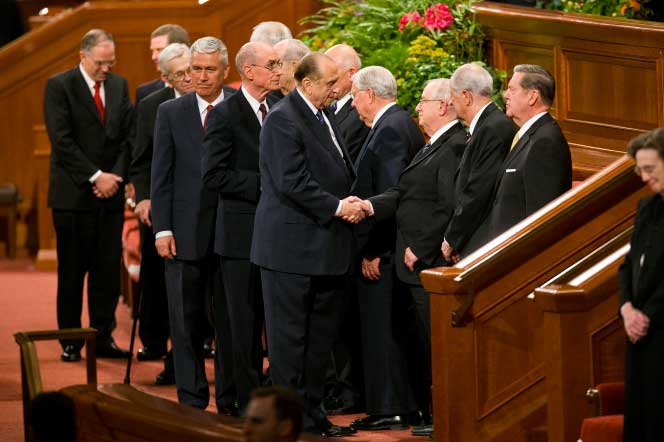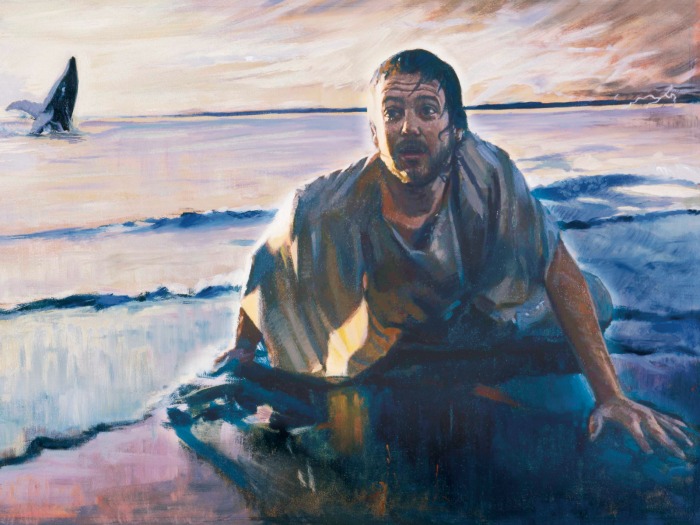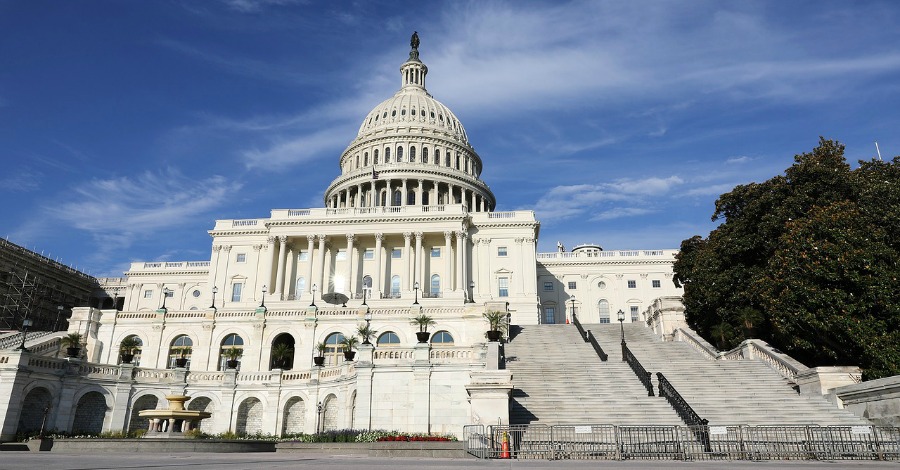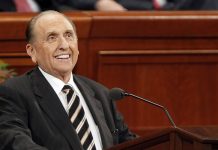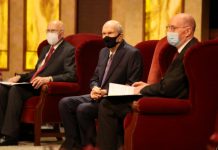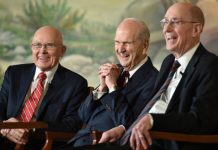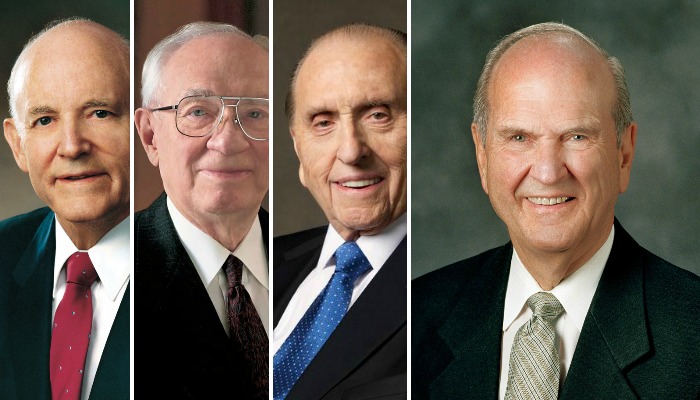
You and I both know plenty of people who’ve left the Church. Heck, maybe you’re one of them. The reasons why people leave vary greatly, but I dare say that most of them can be connected back to one principle of the gospel: Modern-day prophets.
Some members fall into inactivity because they disagree with decisions made by prophets in the past, some might become offended by something a prophet said or by a policy set in place. Leaving the Church is, of course, a very personal decision, but unrealistic expectations of our prophets can make that decision a whole lot harder than it needs to be. Sometimes we expect prophets to simply be something they were never meant to be.
Ergo, here are three things that prophets are not, and one thing they are.
1. Prophets are not omniscient
They do not know everything and we should not expect them to know everything. Elder Ballard recently illustrated this point in a speech he gave at Brigham Young University:
… it is important to remember that I am a General Authority, but that does not make me an authority in general!
My calling and life experiences allow me to respond to certain types of questions. There are other types of questions that require an expert in a specific subject matter. This is exactly what I do when I need an answer to such questions: I seek help from others, including those with degrees and expertise in such fields.
I worry sometimes that members expect too much from Church leaders and teachers—expecting them to be experts in subjects well beyond their duties and responsibilities. The Lord called the apostles and prophets to invite others to come unto Christ—not to obtain advanced degrees in ancient history, biblical studies, and other fields that may be useful in answering all the questions we may have about scriptures, history, and the Church. Our primary duty is to build up the Church, teach the doctrine of Christ, and help those in need of help.
2. Prophets are not infallible
I don’t want to beat a dead horse, because you’ve heard this one before. Even prophets can mess things up. Just remember what President Uchtdorf said back in 2013:
… to be perfectly frank, there have been times when members or leaders in the Church have simply made mistakes. There may have been things said or done that were not in harmony with our values, principles, or doctrine.
I suppose the Church would be perfect only if it were run by perfect beings. God is perfect, and His doctrine is pure. But He works through us—His imperfect children—and imperfect people make mistakes.
3. Prophets are not politicians, nor are they obligated to be politically correct
President Oaks may have been a judge and Elder Christofferson may have been a lawyer, but the role of a prophet is far different from the role of a politician. Prophets do not have constituents. They do not make decisions based on popular vote. Their purpose is not to appease the desires of the masses or seek re-election.
Prophets are not obligated to be politically correct or to make politically popular decisions. Abinadi wasn’t politically correct. Moses wasn’t politically correct. Jesus definitely wasn’t politically correct. The ancients had a hard time accepting that, and not much has changed (nor will it change).
Here’s another quote from Elder Ballard:
When we covenant in the waters of baptism to ‘stand as witnesses of God at all times and in all things, and in all places,’ we’re not talking solely about fast and testimony meetings. It may not always be easy, convenient, or politically correct to stand for truth and right, but it is always the right thing to do. Always.
Feelings and lifestyles may get hurt, and that’s truly unfortunate, but at the end of the day prophets are here to declare the will of God and build up the Church, not to cater to our political (or even personal) sensitivities.
One thing the prophets are
They are mortal servants of God who are trying their very best. If they do something or decide something that we don’t agree with, let’s give them the benefit of the doubt. They’re doing what they can with the light and knowledge that has been given them. They are men who could have retired decades ago, but have instead chosen to dedicate their “every remaining breath” to the service of their God. That’s got to count for something.


